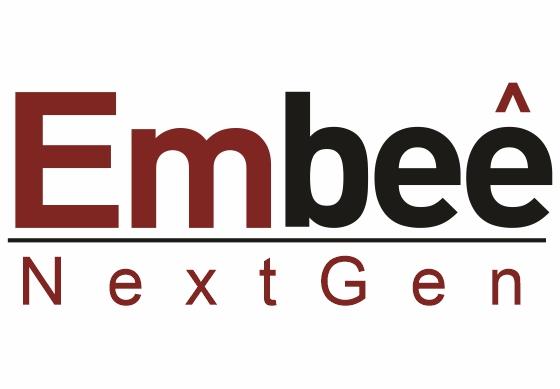Are you a business in the U.S., struggling with accounting? Well, that’s not something to be ashamed of. After all, accounting may not be your primary strength, and you have a lot more to focus on to ensure that your business is successful. And you are not alone in this ordeal.
As businesses expand, managing accounting tasks often feels like trying to juggle too many balls at once. Keeping track of payroll, tax compliance, and financial reporting can quickly overwhelm even the most organized teams. Adding to the complexity are ever-changing regulations and sector-specific rules, which make accounting an ongoing challenge for many U.S. businesses. It is important to optimize these processes or inefficiencies, errors, and missed growth opportunities may spoil the show.
Many businessowners in the US are now resorting to accounting software integration as a practical solution to simplify these burdens. It enables them to connect various financial processes and systems into one seamless platform to make the processes simple and efficient. Integration eliminates redundancy, enhances data accuracy, and provides real-time financial insights. It helps save valuable time (that businessowners are often short on) and offers the clarity to make informed decisions.
Outsourcing accounting and bookkeeping services can also help improve efficiency. By giving the responsibility of financial operations to skilled professionals, businesses can concentrate on their core strengths.
Get started with Embee NextGen’s seamless accounting software integration services. Our experts ensure smooth transitions, enhanced accuracy, and real-time insights to help your business thrive. Contact us today to learn more.
Understanding Accounting Software Integration
Accounting software integration refers to the process of connecting various financial systems, tools, and processes into a unified platform. This enables businesses to automate workflows, reduce manual input, and ensure consistent data across different systems.
Integrated accounting software streamlines financial processes by eliminating silos and enabling seamless communication between tools such as payroll systems, inventory management platforms, and tax software. This reduces errors and speeds up operations, allowing businesses to handle more tasks in less time.
However, integrating accounting software is not without its challenges. Transferring data from legacy systems to modern accounting platforms can be a time-consuming and error-prone process. Many businesses also struggle with ensuring compatibility between different software solutions, especially when using outdated or highly customized systems.
The Role of Outsourcing in Accounting Software Integration
Outsourcing accounting software integration involves contracting the implementation and optimization of accounting systems to third-party service providers. These providers bring specialized expertise and tools, ensuring seamless and efficient integration of financial software.
Many U.S. businesses face challenges such as a shortage of skilled accountants or IT specialists with software expertise. Outsourcing addresses this gap by providing access to professionals who understand both accounting and technology. This eliminates the need for expensive recruitment and onboarding processes, offering a cost-effective alternative. Outsourcing helps businesses achieve smooth software transitions while allowing them to focus on their core operations.
Time-Saving Benefits of Outsourcing Accounting Software Integration
Here’s how outsourcing accounting software integration helps to save time:
- Efficient Management of Complex Software Implementation:
Outsourcing partners can handle the setup and integration of accounting software with minimal disruptions, ensuring businesses save valuable time. - Streamlined Data Migration:
Professionals manage the migration of data from legacy systems to modern platforms, minimizing errors and delays during the process. - Enhanced Customization and Optimization:
Experts tailor software to meet the specific needs of a business, ensuring efficient workflows and user-friendly interfaces. - Real-Time Support and Troubleshooting:
Outsourcing providers offer ongoing support, addressing technical issues quickly and preventing disruptions to daily operations.
Considerations When Outsourcing Accounting Software Integration
While outsourcing may seem like a solution to all woes, you must keep the following considerations in mind:
- Data Security and Confidentiality:
Sensitive financial information must be handled with care. Ensure your outsourcing partner has robust security protocols to prevent data breaches. - Choosing the Right Outsourcing Partner:
- Evaluate the provider’s expertise in accounting software integration and their familiarity with platforms like QuickBooks, Xero, or other tools relevant to your business.
- Verify that the partner adheres to U.S. financial regulations and compliance standards to avoid legal issues.
Conclusion
Accounting software integration and outsourcing are effective strategies to save time and improve efficiency. Together, they help businesses streamline financial processes, reduce stress, and focus on growth. By outsourcing these technical processes, businesses can ensure smooth transitions, accurate data management, and real-time insights without overburdening internal teams.
Embee NextGen can be your trusted partner in transforming your accounting operations. Contact us to explore how we can simplify your software integration and help your business achieve long-term success.
